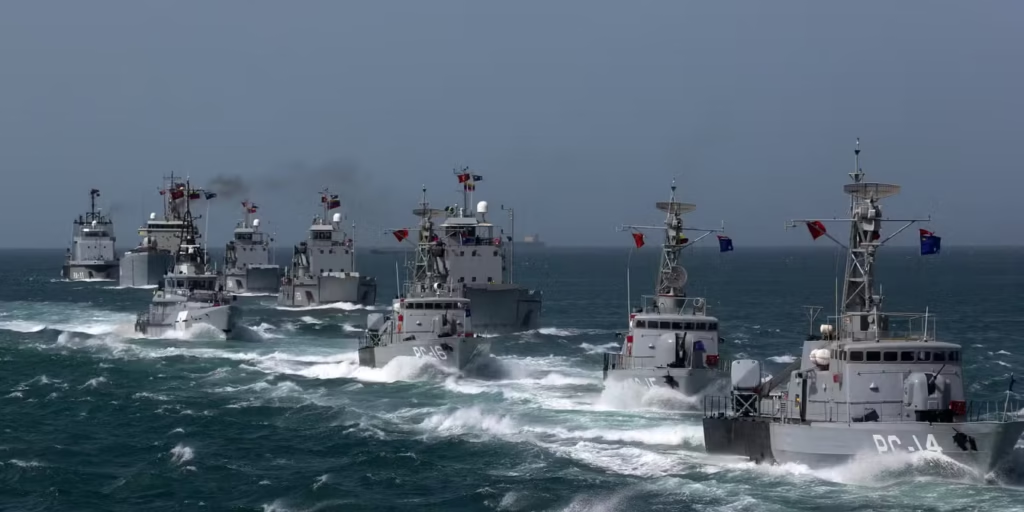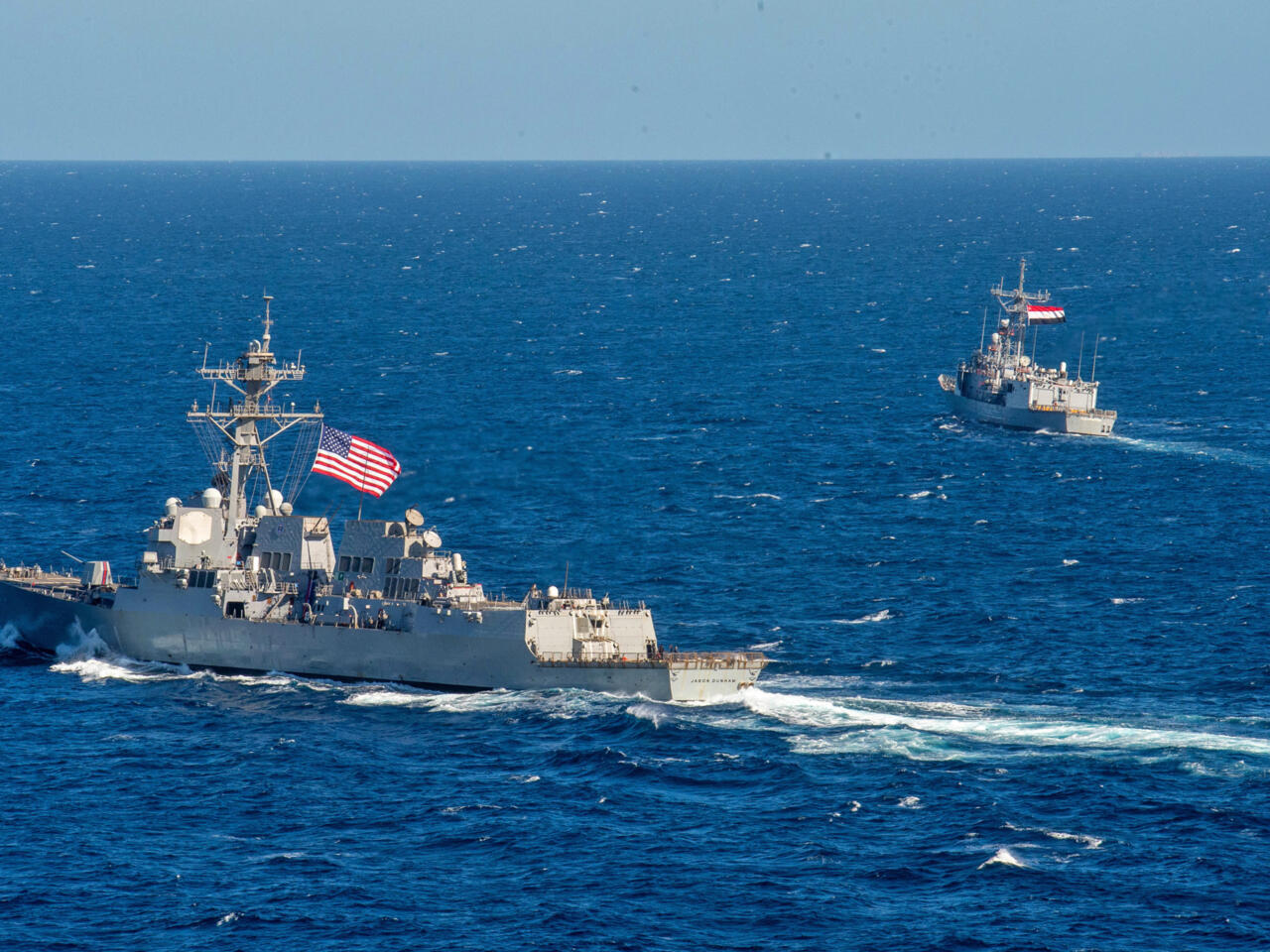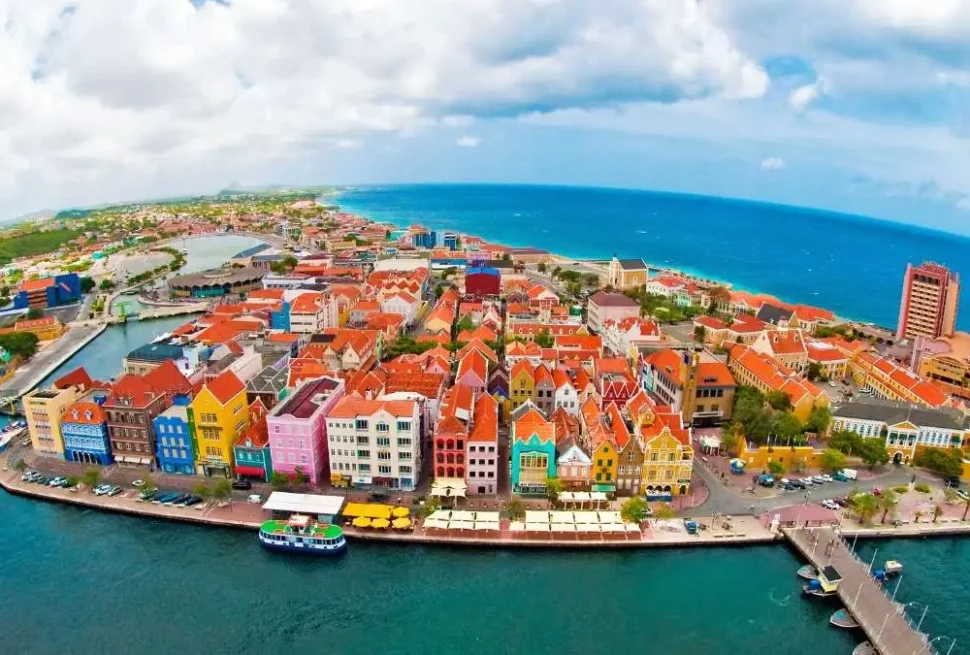US–Venezuela Tensions Escalate as U.S. Deploys Warships Near the Southern Caribbean
The geopolitical landscape of the Caribbean has taken a sharp turn as US–Venezuela tensions rise with the arrival of American warships in the Southern Caribbean. This major military buildup signals one of the most intense confrontations in recent years between Washington and Caracas, raising questions about security, trade, and the balance of power in the region.
1. U.S. Military Build-Up in the Southern Caribbean
The United States has deployed a fleet of seven warships, accompanied by a nuclear-powered submarine and approximately 4,500 military personnel. According to Reuters, the official justification for this move is to target Latin American drug cartels that have been labeled as “global terrorist threats.” However, analysts suggest that this action also serves as a direct warning to Venezuela’s government.

2. Venezuela’s Response: Mobilizing Troops
In retaliation, Venezuela has mobilized around 15,000 troops along its western border. President Nicolás Maduro denounced the U.S. actions as “imperial aggression”, accusing Washington of interfering in regional affairs. The Venezuelan military has also stepped up exercises to showcase its defense capabilities, sending a strong message of resistance.
3. Historical Context of US–Venezuela Relations
Tensions between the U.S. and Venezuela are not new. Since the late 20th century, disputes over oil, governance, and ideology have shaped their relationship. Venezuela, home to some of the world’s largest oil reserves, has often clashed with Washington over issues of sovereignty, sanctions, and political recognition. The current escalation reflects a continuation of these long-standing challenges.
For readers unfamiliar with the background, you can learn more about Venezuela–United States relations.
4. Implications for Regional Security
The Southern Caribbean is a strategically important zone, serving as a transit hub for global shipping and trade. Increased militarization could destabilize the area, affecting nearby nations such as Trinidad and Tobago, Guyana, and Aruba. Neighboring governments are watching closely, concerned about potential spillover effects on regional stability and tourism.
5. Economic and Humanitarian Impact
The confrontation may worsen Venezuela’s already fragile economic situation. Sanctions, inflation, and mass migration have strained the country, and further tensions with the U.S. could deepen the crisis. Meanwhile, the U.S. risks straining relationships with Latin American partners who prefer diplomacy over military escalation.
6. Global Reactions to the Crisis
International organizations, including the United Nations, have urged restraint, emphasizing the importance of dialogue to avoid further escalation. Some countries in Latin America have expressed solidarity with Venezuela, while others back the U.S. stance on tackling organized crime and drug trafficking. This division highlights the complexity of building consensus in the region.
7. What This Means for the Future
The standoff between Washington and Caracas could shape the Caribbean’s geopolitical future for years to come. If tensions intensify, trade routes, security cooperation, and foreign investments may all be affected. On the other hand, successful diplomacy could set a precedent for resolving disputes without resorting to military pressure.
✨ Final Thoughts
As the situation continues to unfold, it is clear that US–Venezuela tensions will remain a central issue shaping the future of the southern Caribbean. The coming months could determine whether both nations move toward dialogue or deeper confrontation. For regional partners and global observers alike, the stakes are high — stability in the Caribbean is not only vital for local communities but also for international trade, energy security, and geopolitical balance. The world will be watching closely, as any escalation of US–Venezuela tensions could have lasting effects well beyond the Caribbean.
The deployment of U.S. warships in the Southern Caribbean and Venezuela’s mobilization of troops mark a new and critical phase in US–Venezuela tensions. While the stated mission targets drug cartels, the broader implications point to a deeper struggle over power, sovereignty, and influence in the region.
👉 As the situation evolves, global attention will remain fixed on how these tensions impact not just the U.S. and Venezuela, but the entire Caribbean region.
✨ Upcoming Highlight: Bahamas Breeze Festival
👉 Plan your Caribbean journey today and mark your calendar for the Bahamas Breeze Festival!





